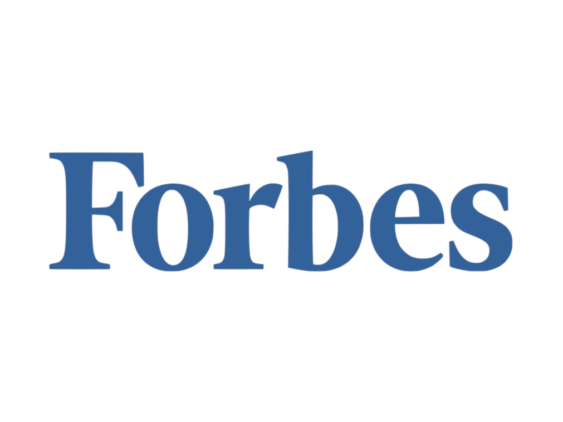The Number Of Women-Owned Businesses Is Exploding. Why Does The Digital Space Lag?
June 30, 2019
June 30, 2019

The number of women-owned businesses has been exploding, but apparently not in one part of the economy where you’d expect it to be: digital-only businesses.
The number of women-owned businesses grew 58% between 2007-2018, according to the American Express 2018 State of Women-Owned Business, compared with 12% for all businesses. Some 2,000 new women-owned businesses are started every day.
But when Melbourne-based Flippa, a marketplace for buying and selling online businesses, looked at what portion of the businesses registered on its platform were women-owned, it found an astonishingly low number: 3%. Women-owned businesses account for 6% of sales, according to the site.
“At this time it would appear men are more likely to start digital businesses than women and ultimately this feeds the buy / sell community,” said founder Blake Hutchison by email.“We want to highlight female business owners who are a part of the next critical small business movement – digital small business.”
Flippa, which chargesa $15 per month list fee (people can cancel anytime) and 5-10% of the sale price, is featuring women-owned businesses on its home page this month. Here’s a sampling of what I saw: Grammar Factory, for $150,000; Olaf Clothing, for $4,500; and Thankbot for $25,000. The site says 250 businesses register for sale each month; this year, 21,000 buyers registered.
Flippa was spun out of developer community Sitepoint. (99Designs also spun out of Sitepoint). Flippa has been bootstrapped, according to the company.
The paucity of women business owners in the digital business sector is puzzling, given that some of the traditional barriers to women aren’t present. Digital businesses can be run at home, and sometimes solo.
Some are side hustles.
But it might simply reflect the relatively low number of tech startups by women. One proxy for that number: 17%. That’s the number of first financings by venture capital firms that go to companies with at least one female founder, according to a study by the Center for American Entrepreneurship.
Maybe the real question is: Why do these numbers never seem to budge , no matter how many well-meaning programs, initiatives and nonprofits have aimed to shift the picture in the tech sector over the last 20 years?
The best two-part explanation I can come up: Networks, and the assholes in them.
We tend to form economic clusters, following in the tracks of role models and mentors. Women tend to start and buy businesses in sectors where women already have a presence, like retail/service businesses (nail salons, daycare), health care/social assistance, or professional service firms like PR. It’s a chicken-and-egg problem that takes a few generations and more than a handful of trend-setting women to change: Tech won’t have more women founders until there are more women founders leading tech companies.
Second, there’s obviously still harassment and discrimination against women in the tech sector and online.
Most initiatives I’ve covered aim to help women start tech businesses, get funding, and grow. It’s a lot easier to give women a hand up than it is to persuade people who work in technology — mostly men, probably, but some women, too — to stop acting like jerks. One reason the number of women founders in tech has stayed so stubbornly low could be that changing bad behavior is a precursor to encouraging more women in tech. Likely, we need to do both things to level the playing field.
Hutchison said he wanted to do his part by featuring women-owned businesses. “We’ll also focus on driving female buyers to shop here for their next venture,” said Hutchison.
I was curious: Flippa said the largest transaction on its site so far has been for $2.5 million. Hutchison also reported that of the 21,000 new buyers who registered this year, 14% are female with an average budget of just under $100k. This is a lower budget than the average reported acquisition budget for a male.